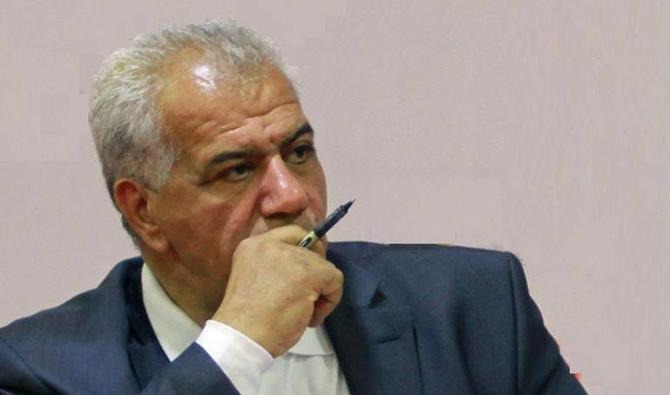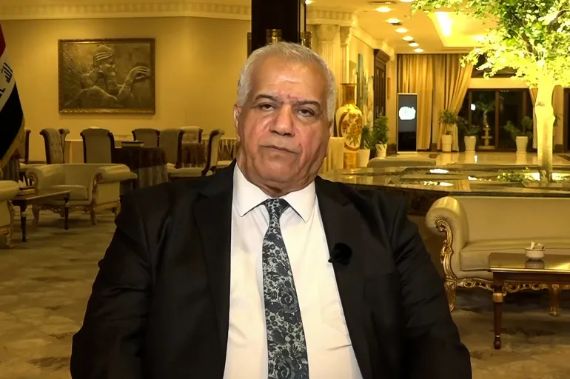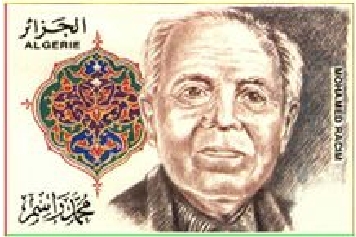Report
from IRIN
Published on 24 Nov 2004
[This report does not necessarily reflect the views of the United Nations]
BAGHDAD, 24 November (IRIN) – Hussain Hindawi, president of the Independent Electoral Commission of Iraq is charged with ensuring the elections go ahead as scheduled, despite insecurity across the country.
Hindawi, a former journalist, remains optimistic elections can be held on 30 January 2005, the date announced by the commission on Sunday for one when a 275-member parliament will be elected, along with a regional parliament in the north and regional governments around Iraq.
The electoral commission was chosen by United Nations officials from candidates nominated by their peers countrywide. In an interview with IRIN, Hindawi said the elections would be the start of true democracy and prosperity for the country.
QUESTION: How are you dealing with allegations that insurgents are buying voter registration cards from people?
ANSWER: A lot of people are trying to use the occasion of the elections to sell various papers, but these papers have nothing to do with the elections. The number of people doing this is very small. And our system is closed against application fraud. We distribute the registration papers so people can correct the information on them.
We have our own copies for every polling centre. So the people who are afraid of these elections are those who are not part of the political process, not the people who are going to vote.
Q: What about people who aren’t already registered?
A: If there are people who aren’t on the voter register, they can come with two pieces of identification and they can register to vote. The pieces of identification have to be things like a passport, or a card showing their military service. They have to be residents of Iraq.
Q: What about Iraqi citizens who have been living in Iran for more than 15 years?
A: They have to bring their old papers showing they are residents of Iraq. In Karbala (southern Iraq) we have a lot of people coming back from Iran. We will find a solution for them. We have to find them the possibility to vote.
Q: Have you found discrepancies in the food ration cards? Some people or families seem to have more than one. Does that mean they will get to vote twice?
A: Every citizen will have just one centre where he is on a voter roll, so he will not be allowed to vote twice. In addition, indelible ink will be sprayed on voters’ fingers to show they have voted. They would have to cut off a finger to get rid of the ink.
Q: How do you respond to recent calls by six Sunni Muslim groups to boycott the elections?
A: We have nothing to say to them. Everything is very clear. The voting mechanisms are very transparent using the criteria of the United Nations.
Q: What deadlines do you need to meet to hold the election on 30 January?
A: We have finished certifying the political entities. We’re giving people an extra 10 days to register individual candidates. Then we will have a period of probably several weeks to give people a chance to object to the list. We have more than 150 political entities registered and 55 more individuals registered at the moment.
Q: We understand that voters won’t actually see names of candidates on the ballot. How does that work?
A: First, there will be a number, then there will be a logo and the political party name. If a voter doesn’t know the name of the political party he wants to vote for, he has the logo to help him. To vote for individuals, there will be a name considered as a political registration on the ballot. In general, not every name will appear on the ballot.
Q: Since so many of the parties are new, how will voters know the logos on the ballot?
A: We will have an electoral campaign where each entity has to inform voters who they should vote for the party. The campaign will run from 15 December to 28 January. For example, the Supreme Council of Islamic Revolution in Iraq (a popular conservative religious party) may already have a logo that people recognise, so they’ll use that in the media campaign.
Q: Do you think there will be voting in troubled cities such as Fallujah?
A: We are leaving the problem of security to the government. We hope that there will be a peaceful day for the elections. But it is possible. For example, in Najaf, where there was heavy fighting in August, it’s quiet now. We are going to use multinational forces, obviously, to protect our staff.
[ENDS]



